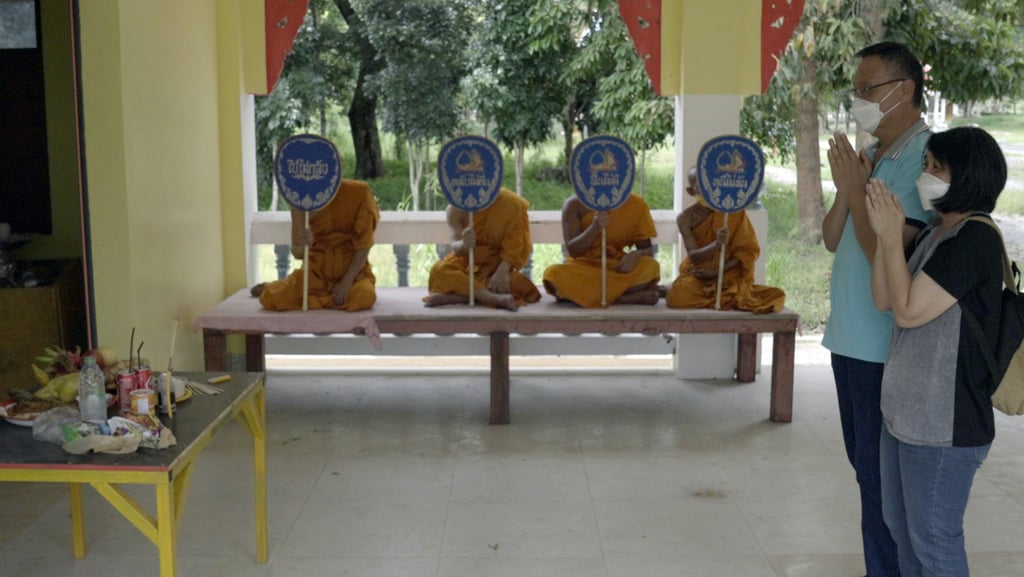Malaysia PM Ismail Sabri Yaakob vows action to tackle overseas job scams as more victims emerge
- NGO calls on Malaysian PM to get Asean counterparts, including Laos and Cambodia, to close down scam syndicates operating in their territory
- Cambodia has been ‘cleaning up’ Sihanoukville scam compounds, but syndicates could just move elsewhere, politician warns

“At the same time, I advise our Malaysian Family to always be wary of offers to work overseas,” he said, adding that they should check the veracity of overseas job offers with the foreign ministry. The prime minister said the matter would be discussed during a cabinet meeting on Wednesday.
They are run mainly by Chinese gangsters and operated by young workers from across Asia – Hongkongers, Malaysians, Chinese and Thais among them – many reeled in by the promise of legitimate work only to become debt slaves unable to leave without paying a ransom.
“How long do we want to wait? We now have one official death on record, but we don’t know how many unofficial deaths,” said Hishamuddin Hashim, secretary general of the Malaysian International Humanitarian Organisation. “Do we want to wait until we confirm 100 deaths or 1,000 deaths?”

Ipoh trainee teacher Goi Zhen Feng, 23, was cremated last week after an ordeal which began when he travelled to Thailand in January to meet an online girlfriend, only to be forced to work for scam networks in Myanmar.